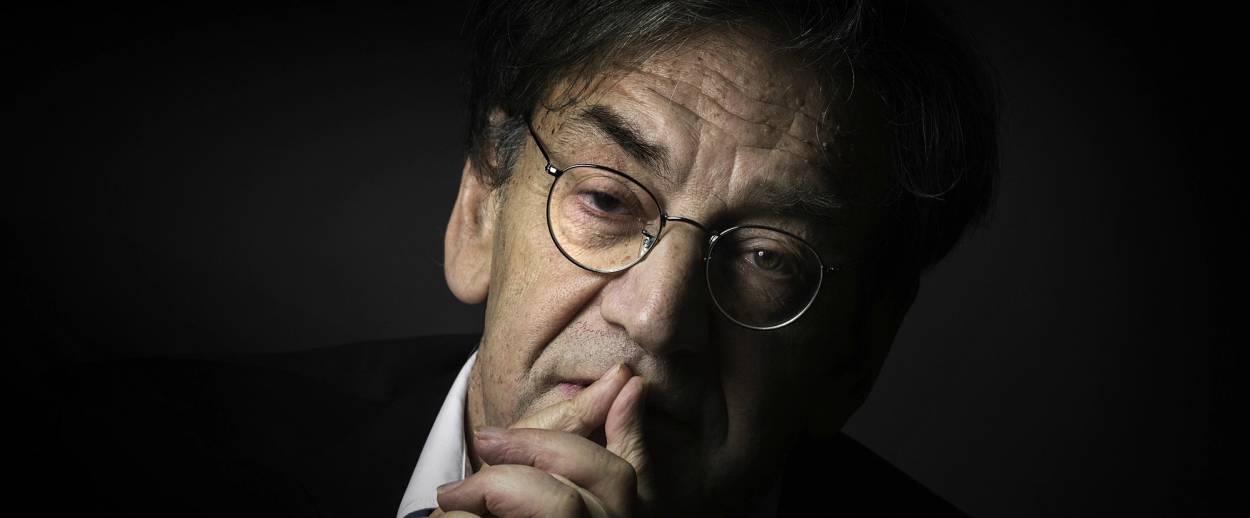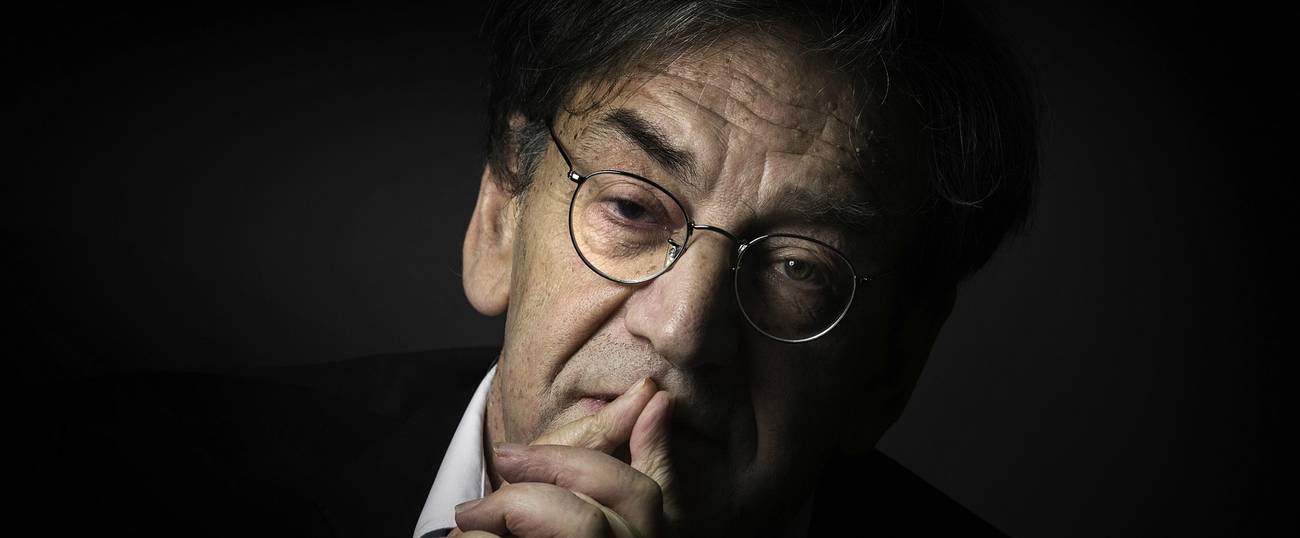Was a French Philosopher Ejected from a Left-Wing Event for Being Jewish? Probably Not.
Contrary to some reports, Alain Finkielkraut’s expulsion by French leftists had less to do with his identity than his politics




The philosopher Alain Finkielkraut was expelled from a political gathering on Paris’ Place de la République by angry protestors on Saturday night. He had been attempting to join Nuit debout, an Occupy-style grassroots movement that has been holding nightly meetings in opposition to proposed labor reforms. Finkielkraut was there for over an hour before he got into an argument with activists and was heckled as a “fascist.”
It remains unclear what sparked the conflagration, but initial reports in English-language media have implied that Finkielkraut’s Jewishness was somehow a factor. The JTA report on the contretemps noted that Finkielkraut is “a declared Zionist” and a supporter of the liberal Zionist group JCall. The meme that Finkielkraut was targeted as a Jew has begun to circulate on Twitter as a result of this story.
Le Monde reported that some people, having watched videos of the incident, claimed to hear someone shout “dirty Jew” at Finkielkraut, but the confusion at the scene and poor quality of the videos mean that those reports are inconclusive. While it can’t be ruled out that Finkielkraut was picked on because of his Zionism or Judaism, it is far more likely is that he was ejected from Nuit debout because of other political views, as encapsulated by the female protestor who shouted at Finkielkraut, “This is a movement of the left—we do not want him.”
Finkielkraut began his political life on the left. He took part in the May 1968 demonstrations upon which Nuit debout would seem to be modeled. But in the past ten years or so, pessimism has overcome Finkielkraut. He believes that “the French left, obsessed because of fascism with the National Front, has been blind to the dangers of radical Islam,” according to Adam Nossiter in The New York Times, who also describes the themes of much of Finkielkraut’s recent work:
Much of Islam is radically incompatible with French culture and society; Muslim immigrants represent a threat; French schools are crumbling under a mistaken multicultural outreach; the inherited corpus of French culture is in danger; and anti-Semitism is on the rise again, this time by way of Islam.
As Nossiter pointed out in his profile, Finkielkraut “has no practical agenda for how to integrate [Muslims] into French society. He has little to say about the evident discrimination against Muslims in France today, or about the anti-Muslim violence since the attacks” in Paris in January and November 2015.
Finkielkraut’s gloomy outlook has led him to make pronouncements that those young left-wing activists who make up Nuit debout would consider inflammatory. “People say the French national team is admired by all because it is black-blanc-beur,” black-white-Arab, he told Haaretz in 2005. “Actually, the national team today is black-black-black, which arouses ridicule throughout Europe.” In a recent work, Finkielkraut complained that there are neighborhoods in France where “the French feel they have become strangers on their own turf.”
His views on immigration, Islam, and multiculturalism, in other words, have already provoked a confrontation with part of the French left. What happened on the Place de la République on Saturday was more likely a manifestation of this ongoing argument rather than anything related to Finkielkraut’s Zionism or Jewish identity.
Liam Hoare is a freelance writer based in Vienna, where he is the Europe Editor for Moment and a frequent contributor to Tablet.